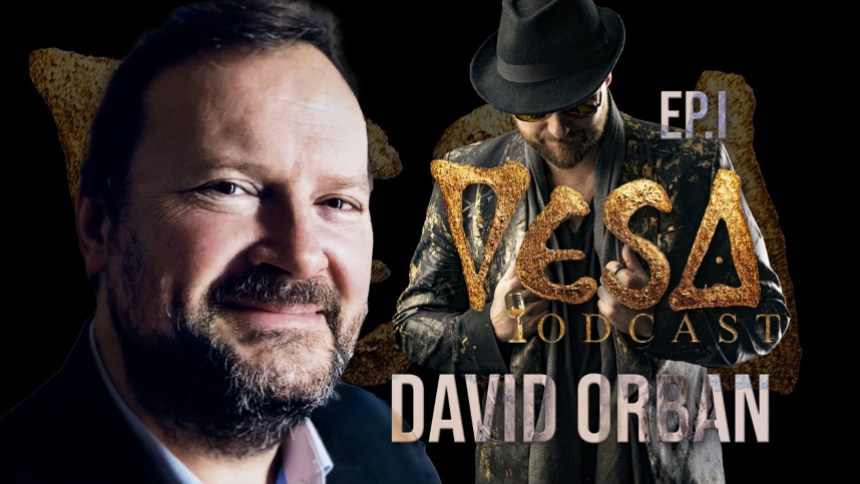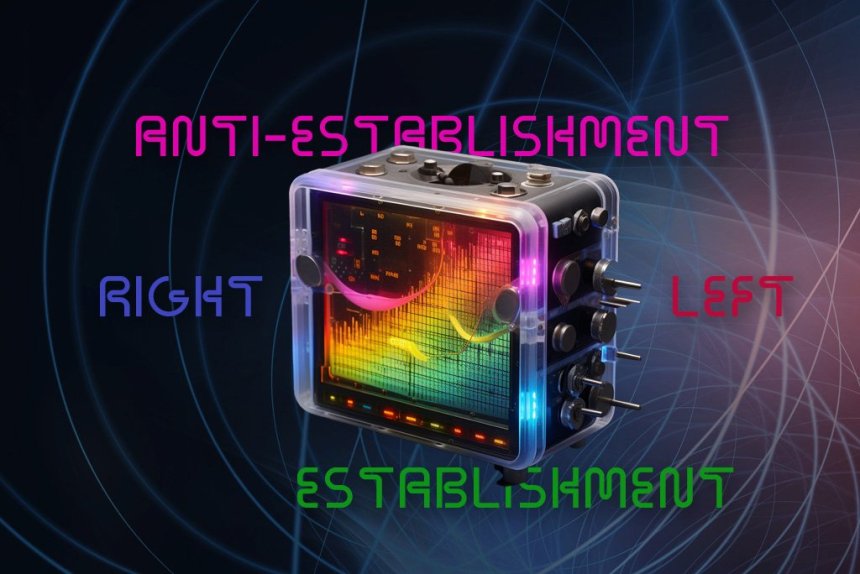Today we're going to take a look at a major scoop. It's the beginning of the VESA Podcast and, as the first guest, we meet David Orban, who was generous with his time to record this conversation. An earlier version of a podcast was already started in 2017, with some notable guests like Charlie Lee, but now was the right time for a rebrand and a move to connect with people in the scene.
It was also a blessing in disguise that the zoom recording of this podcast was recorded with zoom and VESA mistakenly remembered that the recording quality is HD, which it was not. Fortunately, ai upscaling of the 360p video turned it into crisp 4K, even if the book titles are washed out.
New podcast
David is an investor, entrepreneur, author, keynote speaker and thought leader in the global technology landscape. His business achievements span several companies founded and developed over more than twenty years. VESA and David first met in Dubai during the VESA exhibition at the Dubai Mall. Their initial conversation covered many topics in depth, touching on the ever-changing technology space, entrepreneurship, artificial intelligence and ethics, and what what the future holds for the scene itself. This is an interpretive summary of David's recent appearance on the VESA Podcast and what that conversation went like.
To listen to the full episode on the VESA Podcast on You Tube, click here:
Listen Spotify
Listen Youtube
David joins the podcast from his home in northern Italy, where he feels comfortable surrounded by his impressive library of books and high-quality Italian food.
As a starting point, VESA dove into David's insight into his inner science, as he knew, based on their previous conversation, that David had completed a Vipassana or silent retreat. Total silence without technology, or any type of entertainment or study material may seem contradictory to a technologist, but David found the retreat tremendously impactful and positive.
– Actually, it's not easy, says David.
It describes the amount of discipline it takes to fully retreat into a world without electronic devices, books, newspapers, or even eye contact with other people. The discipline was self-administered, understanding the benefits of the practice.
He adds that the recommendation is to meditate one or two hours a day after finishing the retreat, but that he has not yet applied it to his daily routine.
The conversation then turns to the opposite end of the spectrum, a world of total electronic or machine integration. How far are we on the pike? Will we even notice when the chip is installed, or in fact was it already installed years ago due to our association with technology?
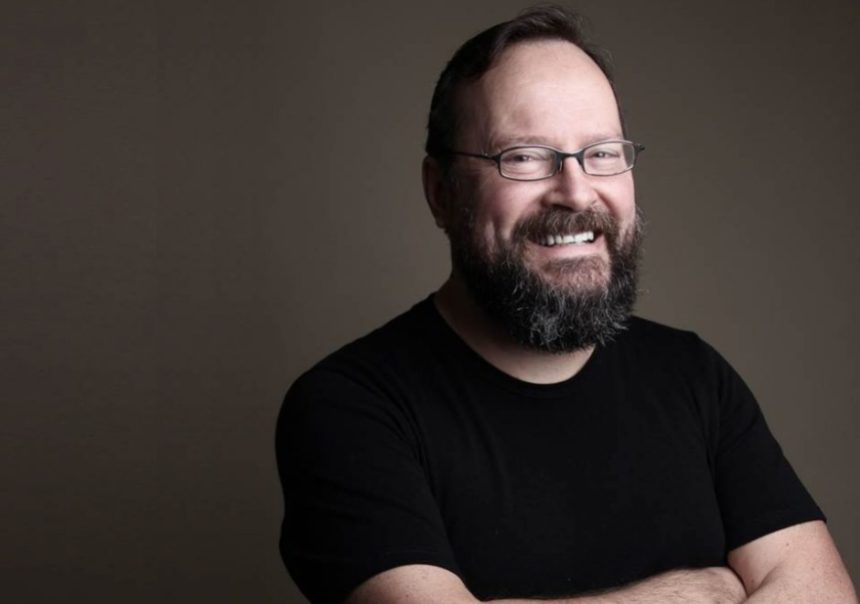
David offers that everything we experience can be analyzed along the objective-subjective axis and, furthermore, taking into account time and place. What is a subjective experience with little or no relevance to others, versus eternal truths, will depend largely on how the information is selected and presented. technology as we know it is deeply intertwined with the aspect of time and place. technology socializes us and guides us towards the necessary skills and behaviors. This influence must be modulated, he says.
MMA of Religion
Next, VESA wants to present an idea to David that has been developing in his mind for a while. The concept refers to the evolution of religion and how it could be the next step in what is arguably a post-Christian world. He suggests that an amalgamation of religions could emerge that takes traditions from different faiths, an MMA (Mixed Martial Arts) of religion, as he calls it.
– I recommend people to be immodest, but humble, David begins while describing a person capable of connecting dots in different fields and from various sources of authority.
– Many are uncomfortable accepting revealed religions as the answer to essential questions, but as I saw after the collapse of the Berlin Wall, people need religious experiences and I respect that, so I feel that an evolution to close that gap could be very useful. We will be underway.
 In many ways, you have to go back 200 years to resonate with the current church paradigm of long wooden pews and hymns.
In many ways, you have to go back 200 years to resonate with the current church paradigm of long wooden pews and hymns.
VESA notes that a similar “religious” belief that arises in different fields is the idea that we live in a simulation. This, she says, creates an attitude that, combined with rapidly evolving ai, could lead to a pathologically godless society, lacking spiritual nourishment and transcendence.
The disconcerting phenomenon of our time is that at the same time we have the most advanced non-biological technology and the demand to once again be the center of the universe, so to speak.
Do we live in a simulation?
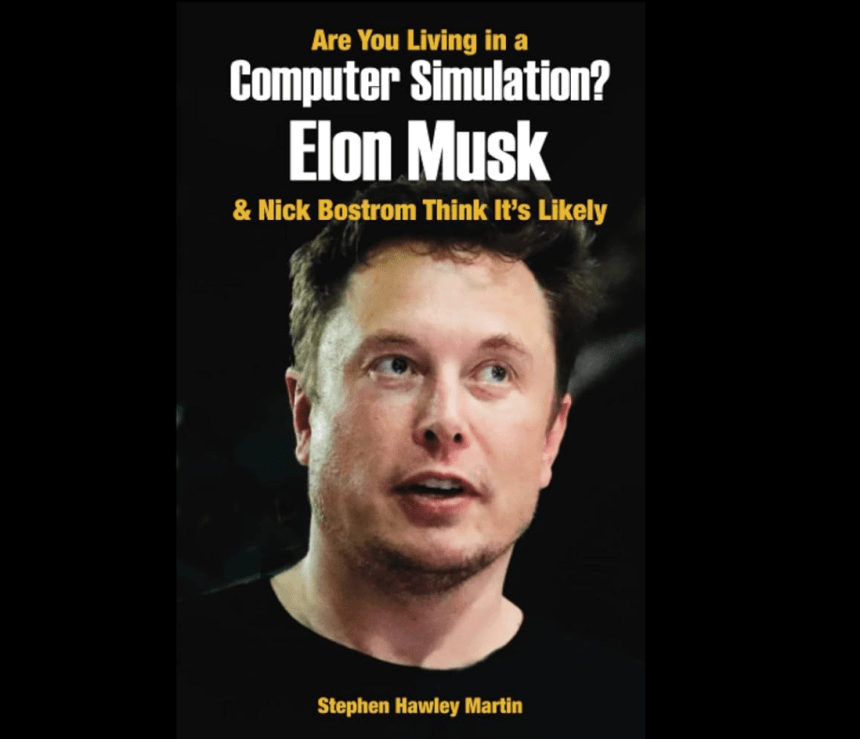
Inspired by their revelations with their new ai Series Juxtaposers, VESA presents an idea that in the current cultural context of left versus right, what seems to be missing is the differentiation between establishment and anti-establishment, and how sometimes these labels can be invested. head simply because it provokes thoughts, as in the case of Russel Brandt, who is now seen as a right-wing person simply because he has expressed anti-establishment opinions. This axiom is at the heart of the Juxtaposers series, which includes polarizing figures like Andrew Tate, Ben Shapiro, AOC and more.
– If you think about it, the Amish are more anti-establishment than most, it's just a low dopamine trip, explains why I wanted to draw parallels between Andrew Tate as an Amish apple picker.
Like a segway to another cultural context, VESA says he had mixed feelings about a video he saw with Sam Altman and Android Jones talking about ai. For him, Android's very name and his fervent opposition to ai were a stark contrast.
– In the past we used to organize ourselves into guilds as a way to control who has the right to express certain professions. Now, perhaps for the first time, we have the opportunity to open the arts to everyone, says David.
– The current situation is a dam about to burst. The “artist” label is open to everyone, and as a result, we will come up with new metrics of value, he explains.
Listen to it on Youtube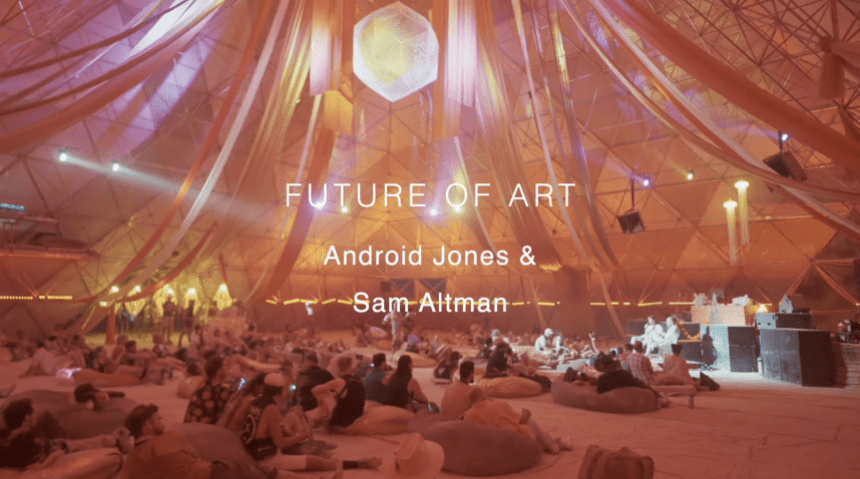 VESA gives an example of how it commissioned a rap song through ai that was produced exclusively as a soundtrack for him painting in his studioand how not even the most indulgent king would have dreamed of doing such a thing before.
VESA gives an example of how it commissioned a rap song through ai that was produced exclusively as a soundtrack for him painting in his studioand how not even the most indulgent king would have dreamed of doing such a thing before.
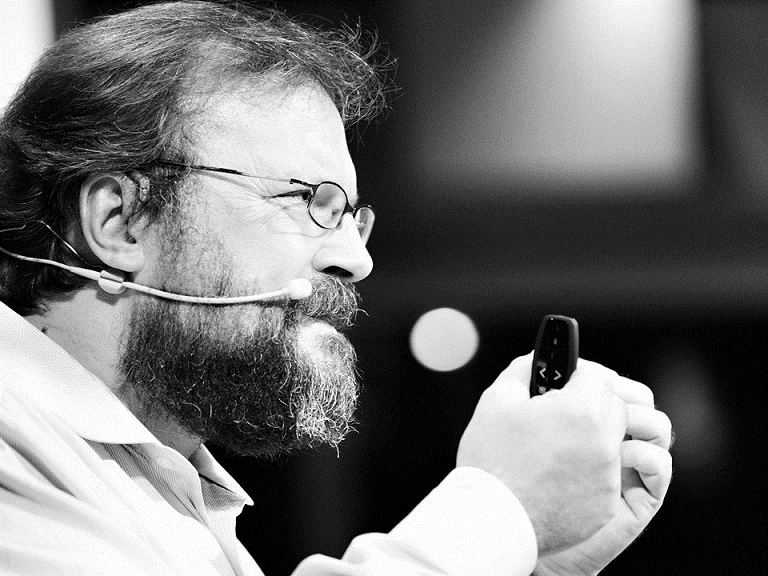
Action
Next, VESA wants to know more about Actioneer, David's company. He offers himself as an example of someone who is a master of his craft and quite observant, but is hesitant to play the role of CEO or COO in a business environment, something today's artists should consider. What can a company like Actioneer do for artists and others who find themselves in a similar situation?
– The world is so complex that we need all the help we can get. ai can help us decode our questions better than ever, as we look at a paradigm in which the old system of educate, get a job, work and die is being challenged, says David.
– The spearhead of this are startup founders, and the entrepreneurial spirit is what Actioneer supports. For a select few, this has been available for some time through incubators and mentorships, and Actioneer can democratize this help and make it very plentiful, he explains.
ai/” target=”_blank” rel=”nofollow”>
– We believe that the world will be as saturated with tools like Actioneer as it is currently with Internet access, because they are an integral part of our modern life, he says.
VESA summarizes the need for these toolsIt's pointing out that if you don't become an entrepreneur as an artist, you won't be an artist for long.
To follow David Orban's message, you can find it at:
David Orban Dot Com
All social networks, etc.
______
Until next time,
VESA and lot
Cryptocurrency and nft Artist
All links to physical, nft and more below
http://linktr.ee/ArtByVesa
Disclaimer: The article is provided for educational purposes only. It does not represent NewsBTC's views on whether to buy, sell or hold investments, and investing naturally carries risks. It is recommended that you conduct your own research before making any investment decisions. Use the information provided on this website at your own risk.

